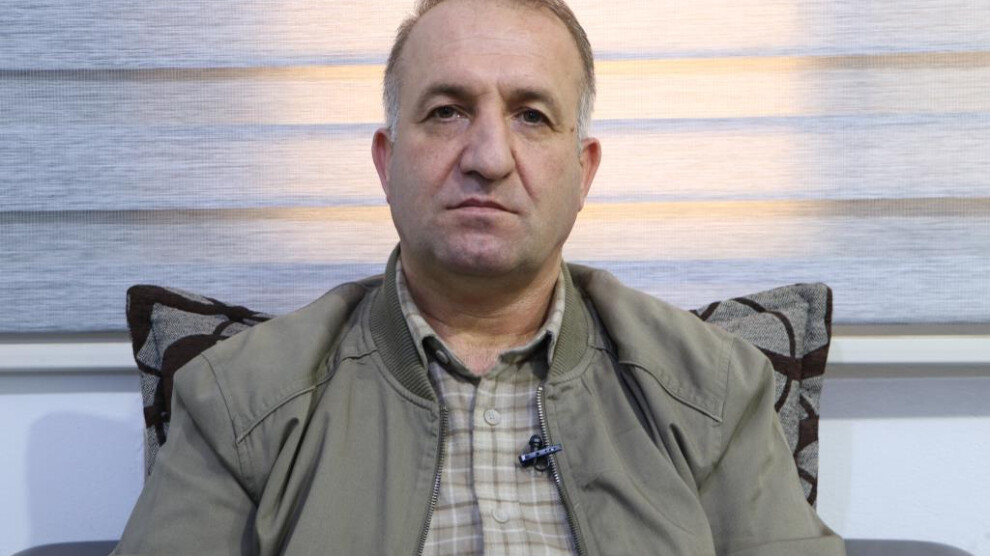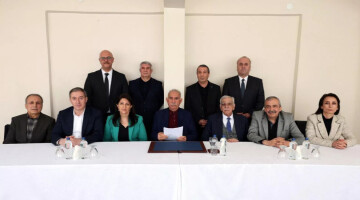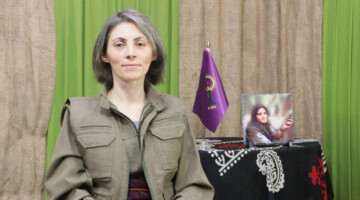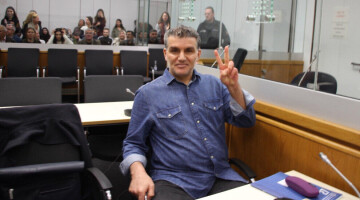Bedran Çiya Kurd, co-chair of the Northern and Eastern Syria Autonomous Administration, spoke to ANHA about the Turkish state's threats to Northern and Eastern Syria.
Çiya Kurd pointed out that Syria in general, and especially the Northern and Eastern Syrian regions are faced with attacks and threats by the Turkish state, and said: “The first aim of the Turkish state is to occupy a large area of Syrian territory and annex it to Turkish territory. Thus, it will expand the occupation areas in the region and destroy the culture and historical identity of the peoples of the region, especially the Kurdish people.”
Çiya Kurd continued: “These hostile attacks, invasion and destruction plans are directed against the Syrian people and the people of the region. The aim is in fact, the disintegration of Syria and the deepening of the crisis. Thus, a policy of internal turmoil and deadlock will be implemented in all Syrian lands.”
'Syrian army must defend the border'
Çiya Kurd called on the political, democratic, national forces and all Syrian peoples to do their part against the attacks by the Turkish state and the Syrian army should defend the border.
Çiya Kurd said: "It is a national and moral duty for all political, democratic and national forces to fulfil their duties against the Turkish attacks on all Syrian lands from the south to the north. The Syrian army must stand against the attacks of the Turkish state and defend the border.”
Çiya Kurd said: “Damascus should know this very well. Ending the occupation and responding to external aggressions can only be achieved through a democratic political agreement of all Syrian people on the basis of recognition of the fact of cultural and ethnic diversity. The solution to our problems can only be achieved through the recognition of the legitimate rights of all components in line with historical national responsibilities based on constitutional principles and values.”














